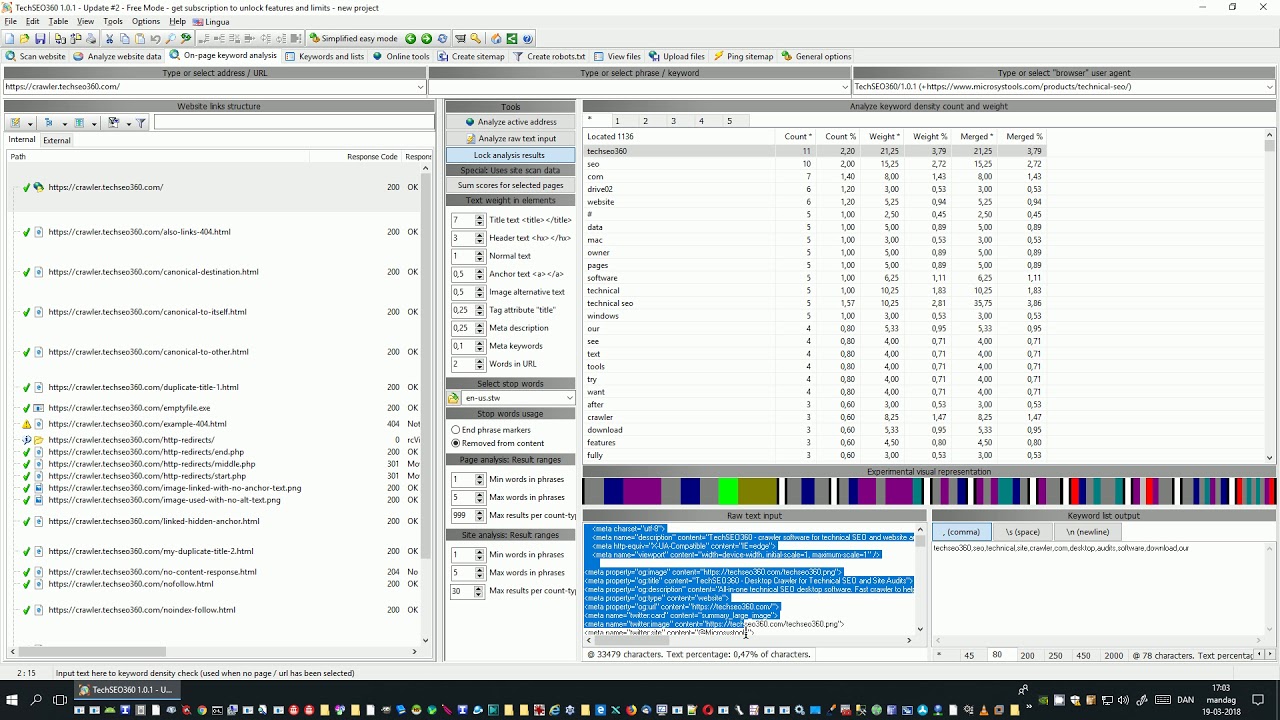- Welcome to Webmaster Forums - Website and SEO Help.
What is non canonical URL?
Started by sonamsharma, November 21, 2020, 11:51:25 AM
User actions

Note: Check our video related to keywords in "What is non canonical URL" on YouTube.
